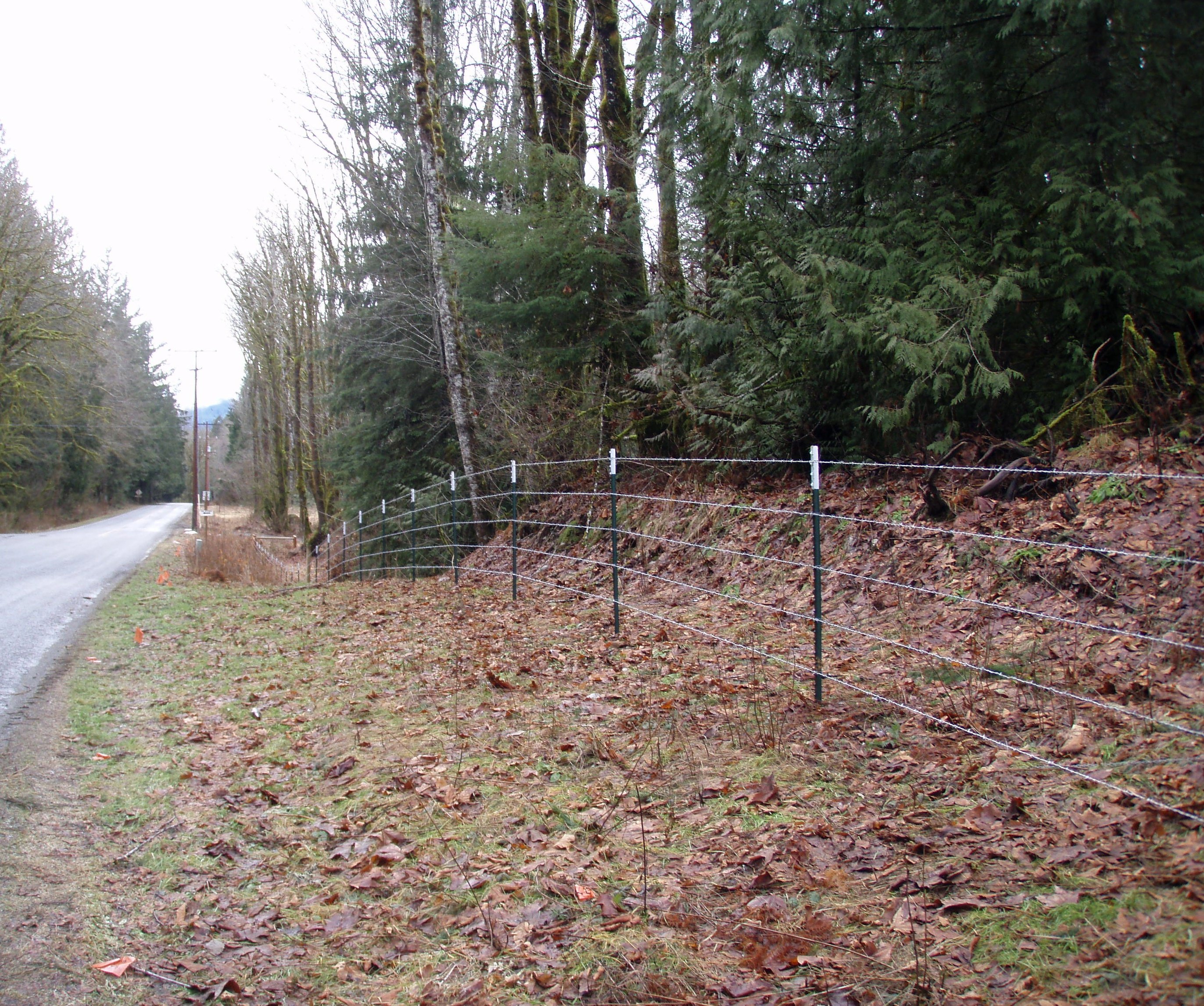Citizens on State Border Might Miss Out on New Jersey Online Gambling
Posted on: November 22, 2013, 05:30h.
Last updated on: December 10, 2013, 04:24h.

Since online gambling was proposed for New Jersey, we’ve known that you’d have to be located inside the state in order to play on their regulated sites. We just didn’t realize how far inside the state you’d have to be. According to officials, the technologies being used to ensure that gamblers will be located inside the state are not exactly perfect, and may cut out some people who are close to the borders of neighboring states.
Digital Border Patrol
The troubling issue is a result of the “digital fencing” that is being used to allow those in New Jersey to participate, while preventing those in New York, Pennsylvania and other neighboring states from playing illegally. Originally, the idea was to have this fence run perfectly around the state’s border. But to ensure that people in other states won’t be able to play, it turned out that it was necessary to allow for some margin of error.
This means that in some areas – specifically the borders along the Hudson and Delaware rivers – the digital fence was moved slightly inland just to be on the safe side. Officials aren’t letting anyone know just how far inland the fence has been pulled, but they are admitting that this means that some New Jersey residents won’t be able to play online gambling games from their homes.
At least it will keep anyone from gambling on WiFi while rafting down river. This level of imprecision is a tad difficult to grasp for those of us whose mundane GPS devices know exactly what corner we’re approaching at all times when driving. But logic has never stopped a bureaucrat from making a decisive statement about things they don’t know how to master.
“Unfortunately for some people, there may not be sufficient verification that they are in New Jersey – even if they are – and they’ll be denied,” said David Rebuck, director of New Jersey’s Division of Gaming Enforcement. “It’s an unavoidable consequence.”
This overly cautious approach is mostly being done to protect the casinos that are operating the online gambling sites. If some individuals in other states were able to play illegally, the casino running the site they played on could face fines. The buffer zone will be different for every site – as different sites are using different geolocation technology provided by various companies – so players who can’t access one site might be able to get in on another one.
The Imperfect Science of Geolocation
This issue is not one that is unique to New Jersey. Nevada’s online poker sites also use geolocation technology to ensure their players are located in-state, and they too use borders that are inside those of the state itself, meaning that people in some border areas may not be able to access their sites. However, it’s an easier task in Nevada: the border population is small, so even with a larger buffer zone than in New Jersey, it’s unlikely that more than a handful of people will ever run into these problems.
In New Jersey, though, there are several cities that are right along the state border, meaning that some citizens in these locales might be shut out from the online gambling launch. For instance, Hoboken residents in parts of that city could end up in the “no-play” zone, as the city is right on the Hudson River. This could also affect cities like Jersey City and Weehawken.
Not exactly unpopulated no-zones; could this ultimately affect New Jersey’s online gambling revenues as well?
Of course, just because someone lives in an area affected by the buffer zones doesn’t mean they can’t play at all. Officials are suggesting that those who want to play but can’t do so from their homes will just have to move temporarily in order to access the sites – an inconvenience to be sure, but one that the state is willing to accept in order to ensure they don’t allow anyone who isn’t supposed to be playing to slip through the cracks.
We smell a new real estate market opening up: the return of the gambling den.